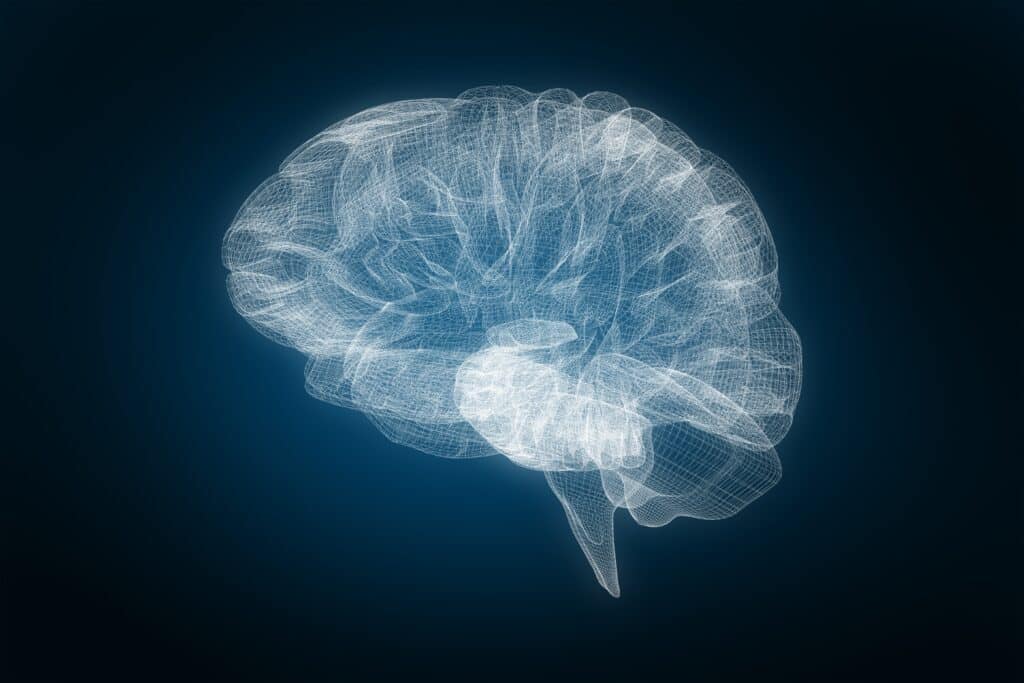When the brain sends a message, a neuron releases a neurotransmitter into the synapse between it and the next cell. This neurotransmission requires the use of receptors in the brain.
The natural process of neurotransmitters is disrupted when drug use takes place. This leads to a disturbance in the levels of dopamine and serotonin in the brain.
Understanding Serotonin & Dopamine
Serotonin is an inhibitory neurotransmitter and dopamine is considered an inhibitory and excitatory neurotransmitter.
Dopamine is naturally released in the brain when a person has an enjoyable experience, also referred to as the brain’s reward system in the circuitry of the brain.
If the levels of serotonin are low, a person may be prescribed antidepressants such as selective serotonin reuptake inhibitors (SSRIs). If the medication is stopped, serotonin levels can lower, creating withdrawal symptoms.
How Drug Addiction Affects Dopamine & Serotonin
When drug use occurs, a high release of dopamine takes place. With dopamine levels high, a person may experience sedation, drowsiness, and feelings of pleasure.
When a person feels pleasure, a signal is sent to the ventral tegmental area (VTA). From there, it travels to the nucleus accumbens and then to the prefrontal cortex of the brain.
The serotonergic system of receptors are spread throughout the brain and the role of serotonin is to carry messages from the neurotransmitters in the brain to the body. The effects of drugs impact cognitive areas such as decision-making and impulsivity.
If the drugs of abuse consist of central nervous system (CNS) depressants such as opioids, the CNS is affected, slowing the body’s system and creating a sense of sedation.
Consequences Of Drug Use & Addiction
Long-term drug use damages brain function. Drug-seeking individuals may partake in amphetamine or cocaine use and methamphetamine use.
Addictive drugs can raise dopamine levels to an all-time high. This can lead to drug dependence as a person becomes more accustomed to the rush of euphoric sensations which takes place during substance use.
Withdrawal Symptoms
Side effects of drug use may come in the form of withdrawal symptoms which can become severe, resulting in serotonin syndrome. Side effects include depression, tremors, anxiety, and cravings for the substance.
Mental Health Issues
Additionally, according to the Substance Abuse and Mental Health Services Administration (SAMHSA), mental health disorders and substance use disorders can both occur, resulting in co-occurring disorders.
This is due, in part, to the changes in dopamine and serotonin levels in the brain.
To learn about our addiction treatment options, as well as how our healthcare workers support your long-term recovery, please contact Northeast Addictions today.
Keep Reading:
- The Top 7 Most Dangerous Prescription Drugs
- 7 Tips On How To Stay Sober When You Have Depression
- What Are The Real Risks of Antidepressants
- 5 Causes Of Drug Addiction/Substance Use Disorder
Sources:
- National Institute on Drug Abuse – Common Comorbidities with Substance Use Disorders Research Report
- National Institute on Drug Abuse – Drugs and the Brain
- ScienceDirect – Contributions of serotonin in addiction vulnerability
- Substance Abuse and Mental Health Services Administration – Mental Health and Substance Use Disorders

